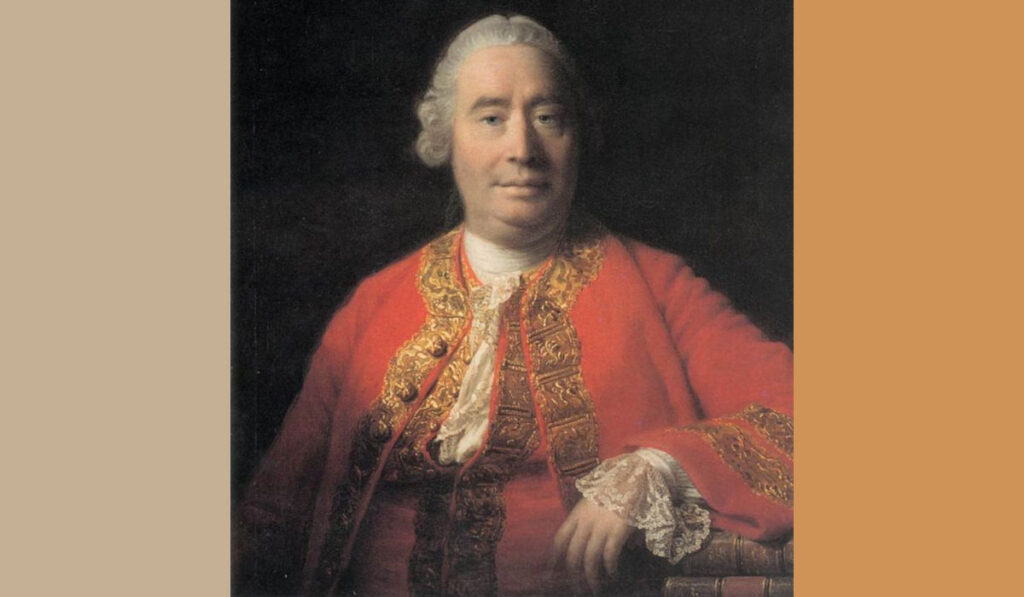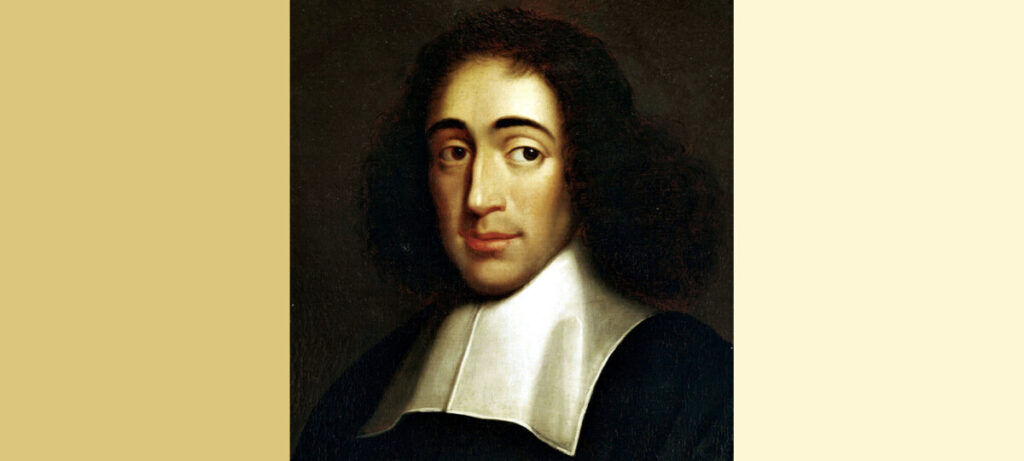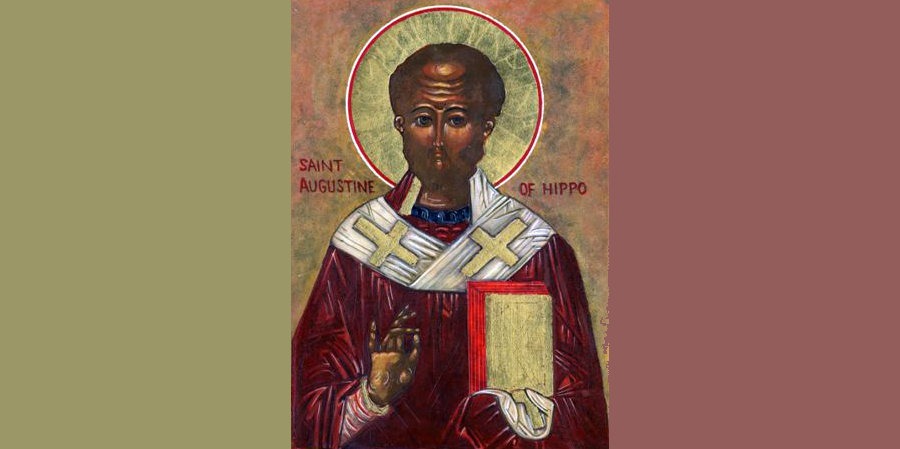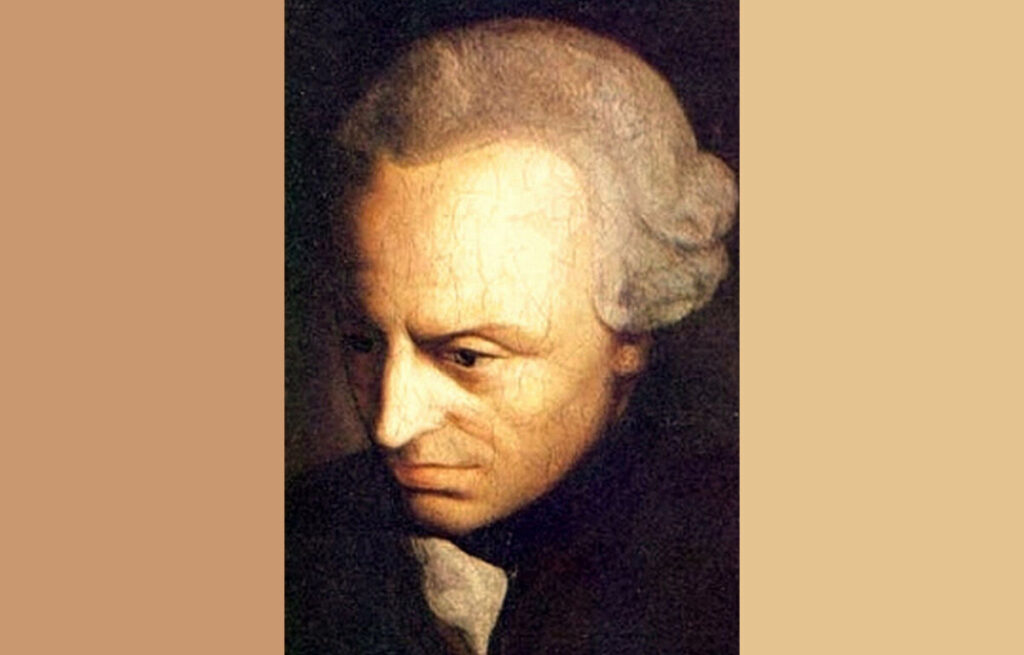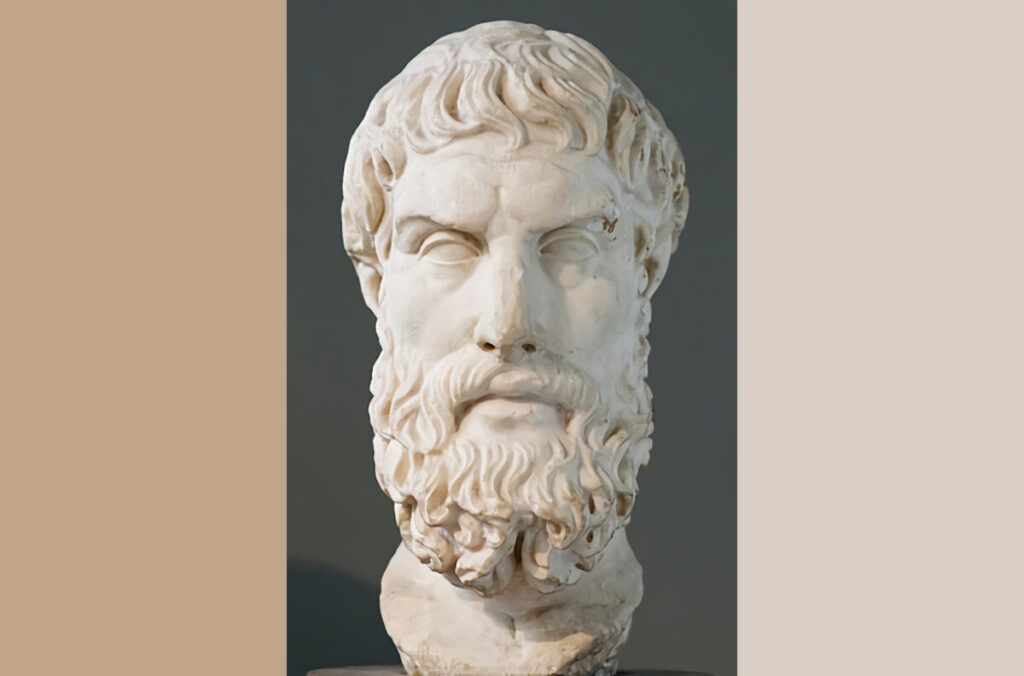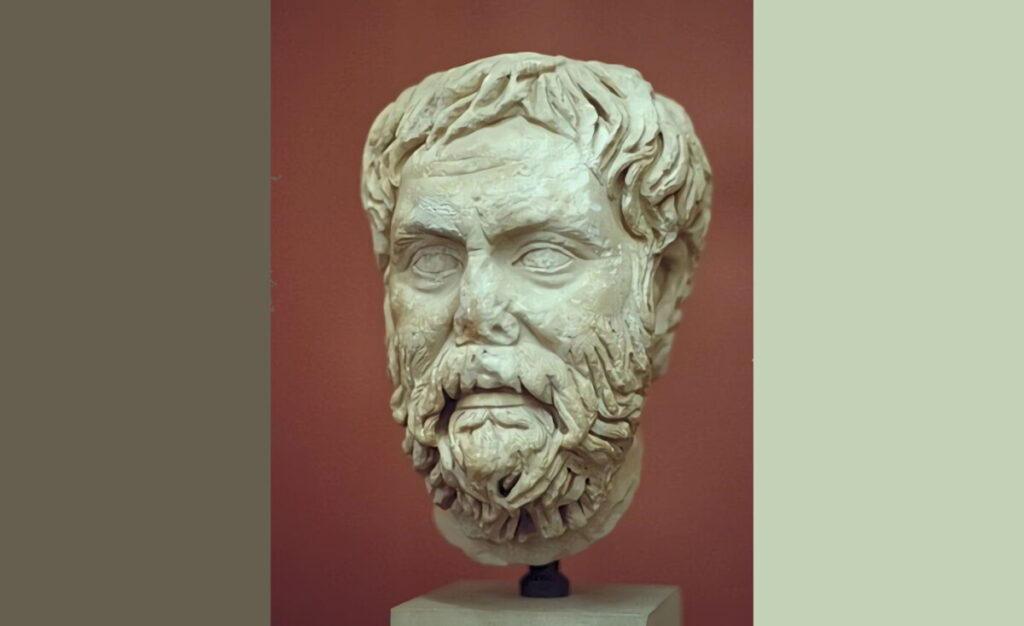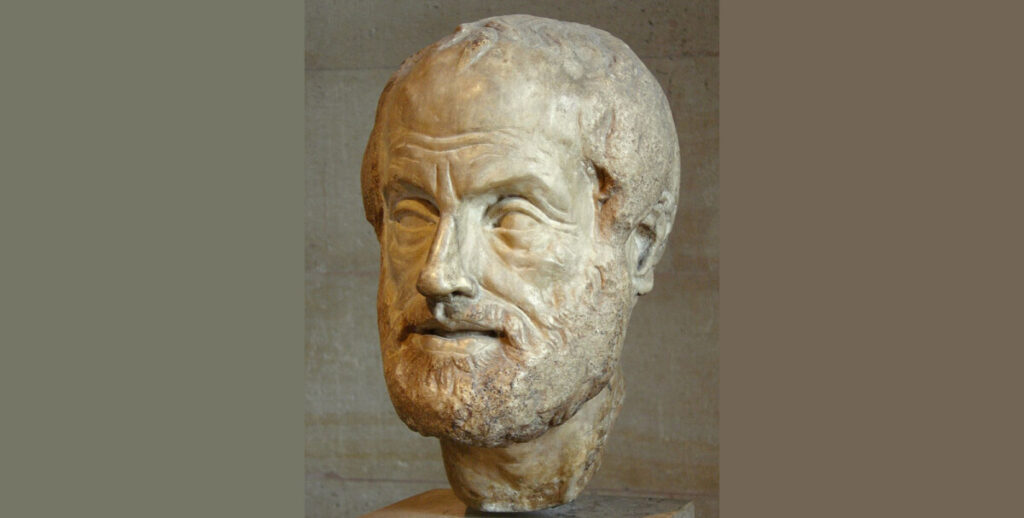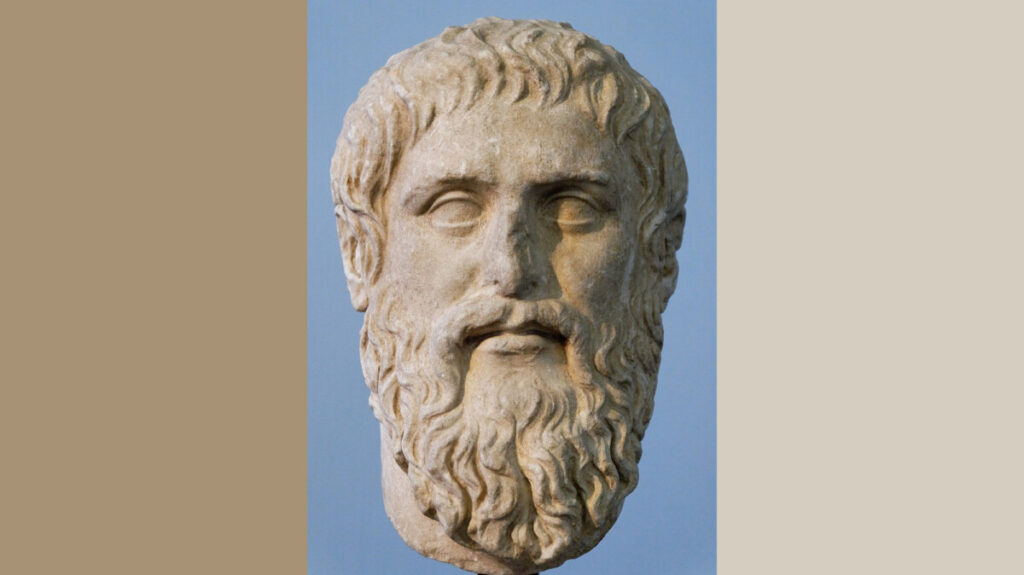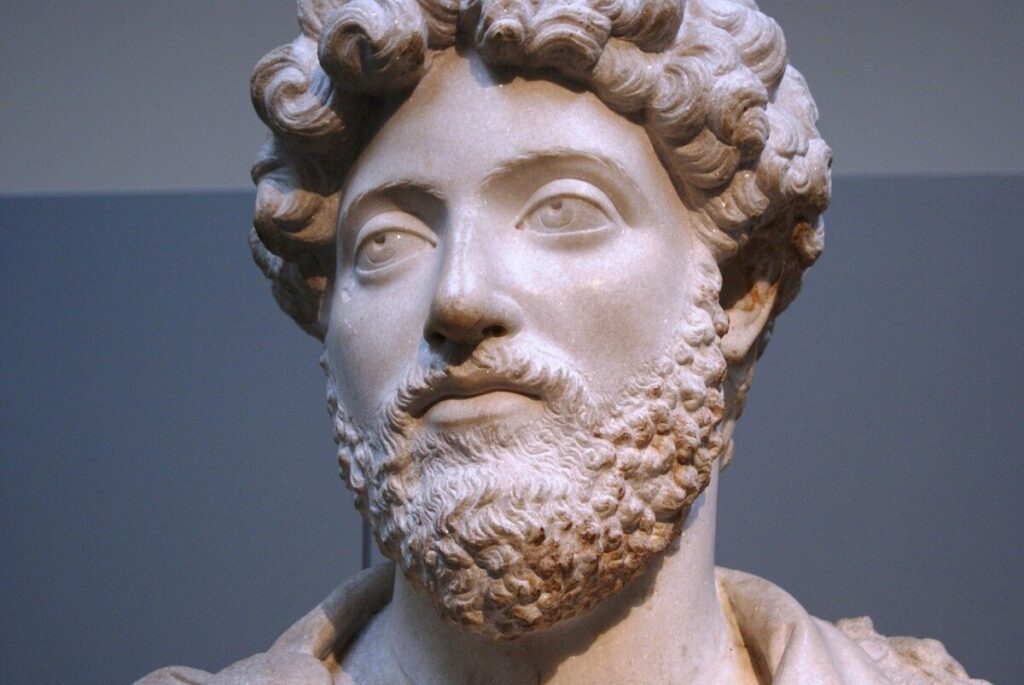David Hume (1711-1776)
12 Generations Ago 30 Phil, Chapter 27: Hume and Skeptical Empiricism Touchstones: Skeptical Empiricism, The Problem of Induction, and Hume’s Fork The Scottish Enlightenment philosopher and historian Hume was a leading exponent of empiricism. The belief that all human knowledge derives solely from experience. Some of my favorite Hume quotes: “A wise man proportions his […]
David Hume (1711-1776) Read More »

